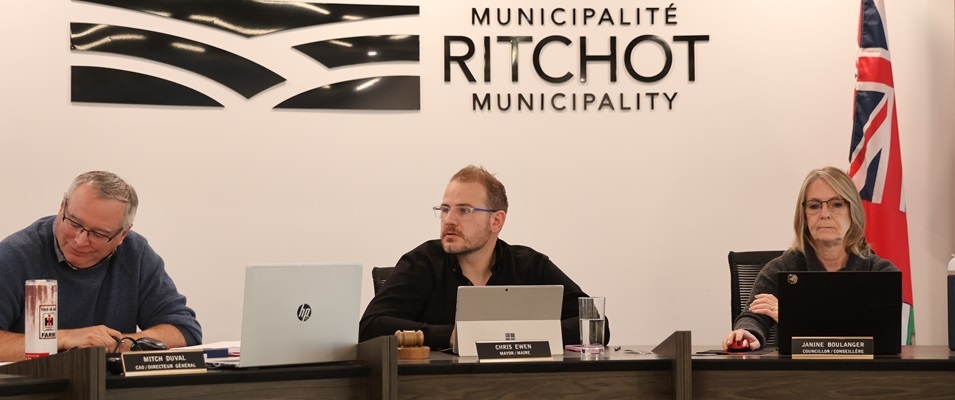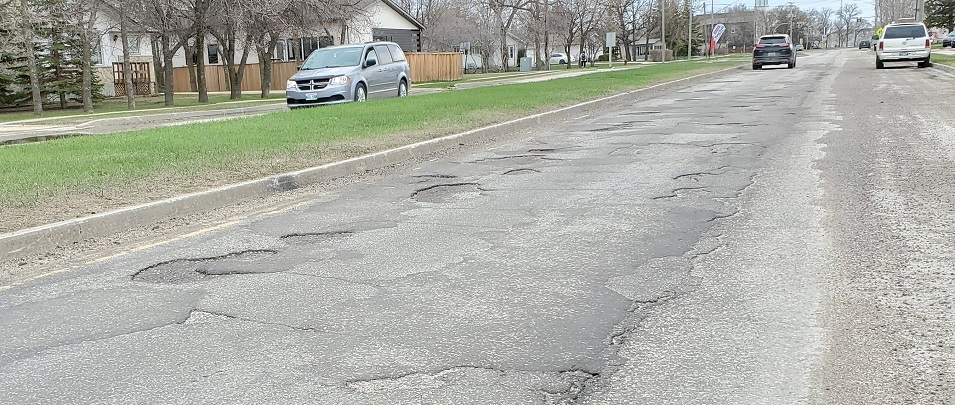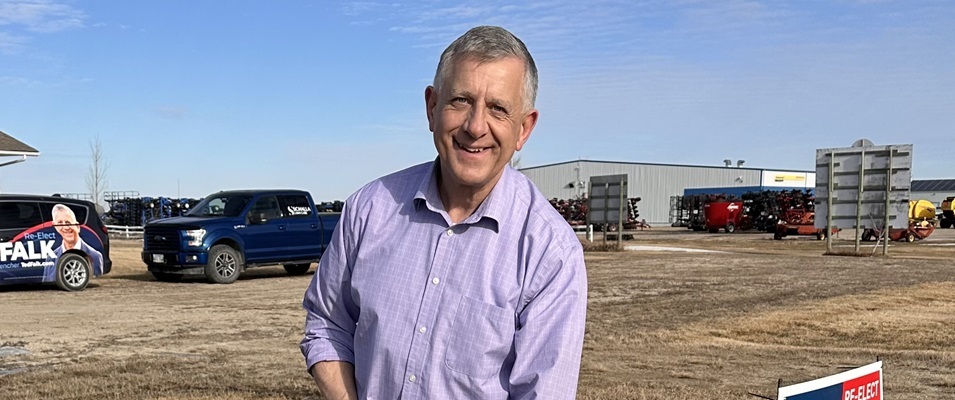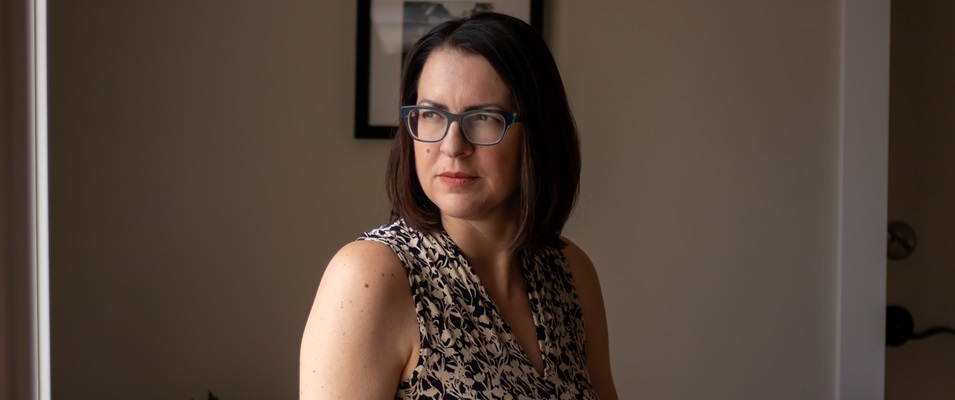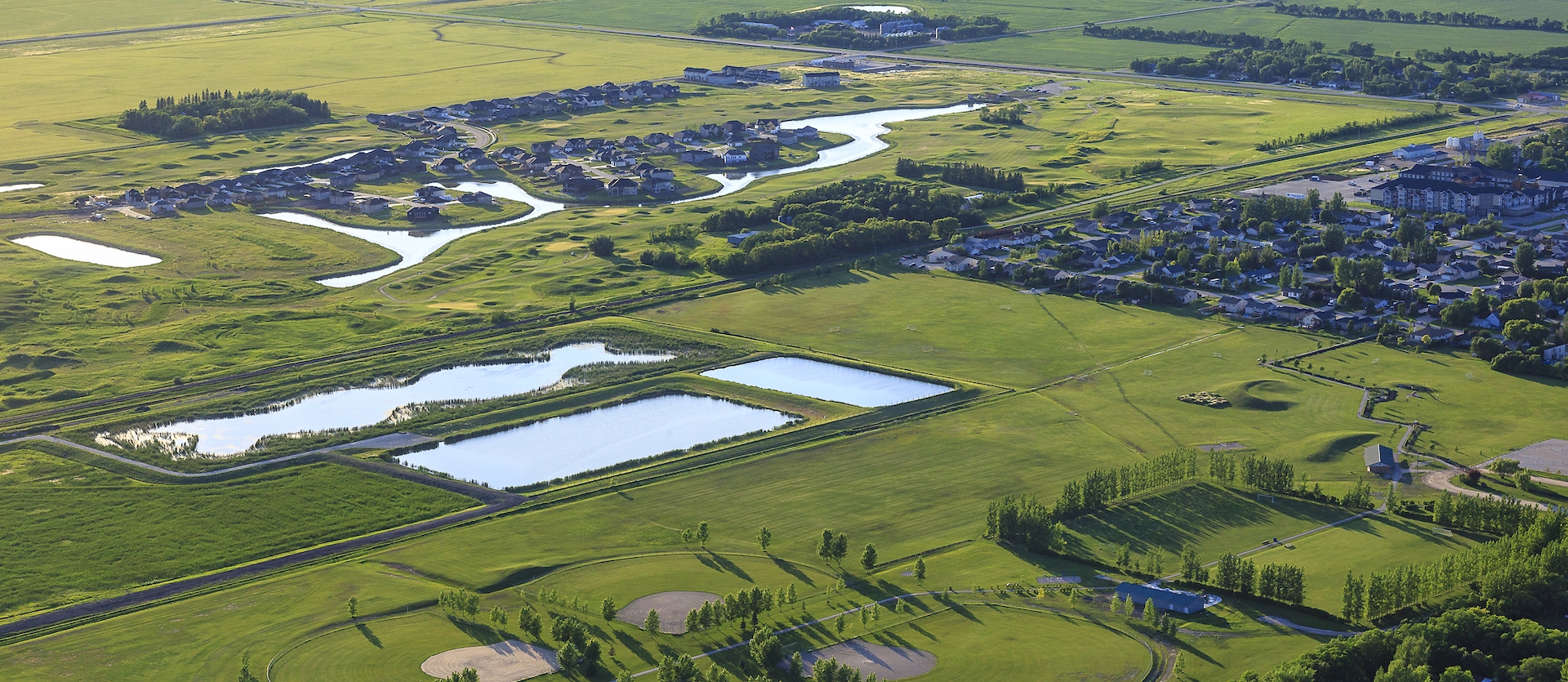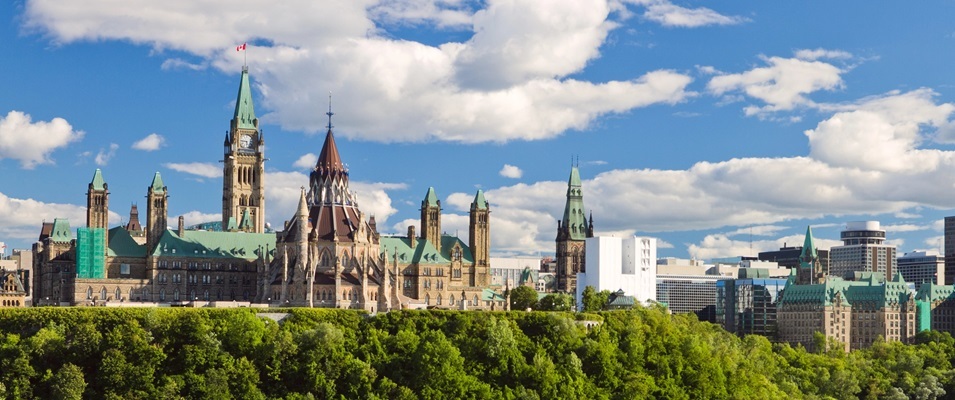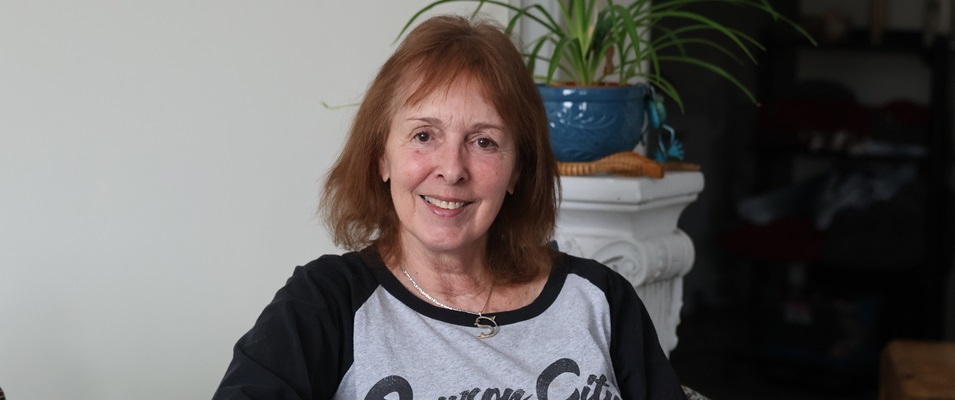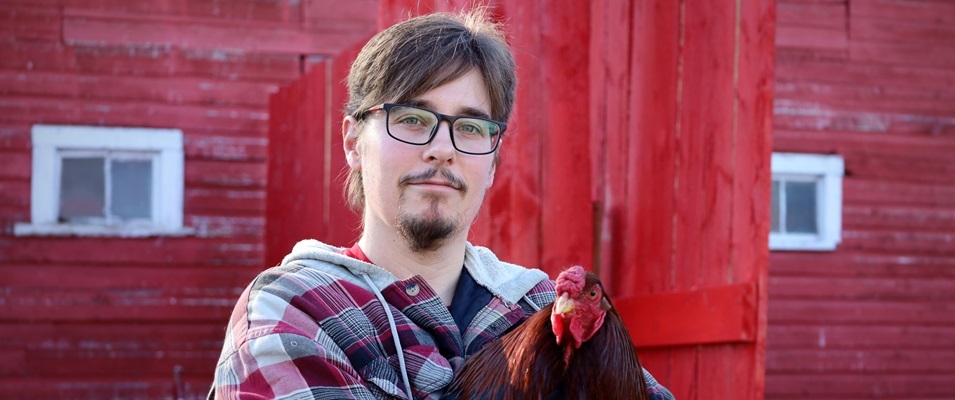
Canada is heading to the polls on April 28 after a snap spring election was called by Prime Minister Mark Carney at the end of March. With campaigning already underway and election signs popping up on roadsides and our neighbours’ lawns, we reached out to the local candidates who will be appearing on the ballot in Provencher.
Challenging in Provencher for the third time is Trevor Kirczenow, running for the Liberals. He holds a degree in political science and is an accomplished violinist and author. He lives with his family near Dugald.
With a few elections under his belt, Kirczenow feels like the constituents of Provencher have had plenty of time to get familiar with him and what he represents.
This election, he says, is a critical one thanks to recent trade disruptions between Canada and the U.S.
“The threats from Donald Trump are really scary and the on-again, off-again tariffs just create so much economic instability,” Kirczenow says. “It’s absolutely brutal for our businesses. They can’t plan with all that going on.”
Despite this, he feels an equal level of hope under the leadership of Prime Minister Mark Carney, who brings with him a wealth of experience as an economist.
“He’s smart, he’s steady, and he’s dependable,” Kirczenow says. “I just think he’s very much the right person for the job.”
He says it’s imperative to see a return to Liberal leadership because of the rhetoric of Conservative leader Pierre Poilievre, who Kirczenow says sounds eerily similar to his conservative counterparts in the south.
“He sounds so much like Donald Trump and Elon Musk, in terms of his language and rhetoric. I just don’t see how he could stand up to those guys and protect Canada.”
Kirczenow adds that the timing of this election is essential, with so much going on in the wider world.
“During an election campaign, the government is basically supposed to be in what’s called caretaker mode,” he says. “They’re not supposed to be making a ton of big decisions because they’re not elected yet. But right now we are facing this crisis with our large neighbour to the south. And when Trump suddenly announces more tariffs, there has to be a Canadian response.”
Those tariffs, he says, will lead to higher costs across the board.
So far in this campaign, Kirczenow has made an effort to actively engage with Provencher constituents. In particular, he’s heard from a lot of French-speaking residents who want to ensure their language and culture is protected. He says that others have indicated discontent with Conservative incumbent Ted Falk.
“They’ve been telling me they feel like he’s not responsive. And I think our area really deserves a Member of Parliament who listens and who cares. They want to talk about the issues, and they want to know what’s being done about those issues.”
Falk’s open stance on hot-button issues like abortion and gender equality, Kirczenow says, means there’s a large segment of the population here who simply are not represented.
“We are a very diverse area,” Kirczenow says. “There’s a large French-speaking population, we have First Nations living here, and we have 2SLGBTQ people living here, myself included. It’s very frustrating that our representative has not been supportive.”
He says this lack of respect for diversity ripples throughout the entire Conservative party, right up to Poilievre.
Kirczenow is also concerned over the loss of important social services if the Conservatives take power, such as $10 per day childcare, pharmacare, and the new dental care plan.
Over the years, he has been a vocal advocate for provincial pharmacare to help people cover the costs of medications and medical devices.
“I learned that Manitoba had the very worst diabetes coverage in the whole country,” he says. “I started working with a group of individuals affected by type-1 diabetes when the Conservatives were in power. We were successful in making change and I was able to help make that change without even being elected.”
In order to help the provinces align their approach to pharmacare, Kirczenow says the Liberals hope to create a federal plan similar to the one set up for universal dental.
Many Canadians have pointed a finger at the Liberals for creating programs they don’t support. For example, the carbon tax applied to fuel and natural gas.
Kirczenow says that, as of April 1, the consumer carbon taxes has been eliminated. Instead Carney’s government wants to incentivize Canadians to make greener choices.
Industrial carbon pricing, though, will remain in place under the Liberals.
“Industrial carbon pricing was pioneered in Alberta in 2007 when Stephen Harper was prime minister and Ed Stelmach was premier,” Kirczenow says. “That pricing works based on a credit system where low emitters can sell their credits to high emitters [and] then avoid paying some of their carbon taxes… This system has worked well for the industry for many years and has helped reduce emissions intensity.”
Having such a policy is also important, Kirczenow says, when it comes to trade with other countries, such as the European Union, which requires trade partners to institute environmental programs.
“Pierre Poilievre suggests that we can either have a clean environment or a thriving economy, but that’s a false dichotomy, a false choice. It is possible to invest in green technology and help Canadians to make greener choices while also supporting the economy.”
Kirczenow is hopeful that voters will turn out to the polls in greater numbers, thanks to the gravity of the current political climate.
“When I see what’s been happening in the States, I worry about the health of that country’s democracy. I really want to see Canada remain a strong and health democracy.”





